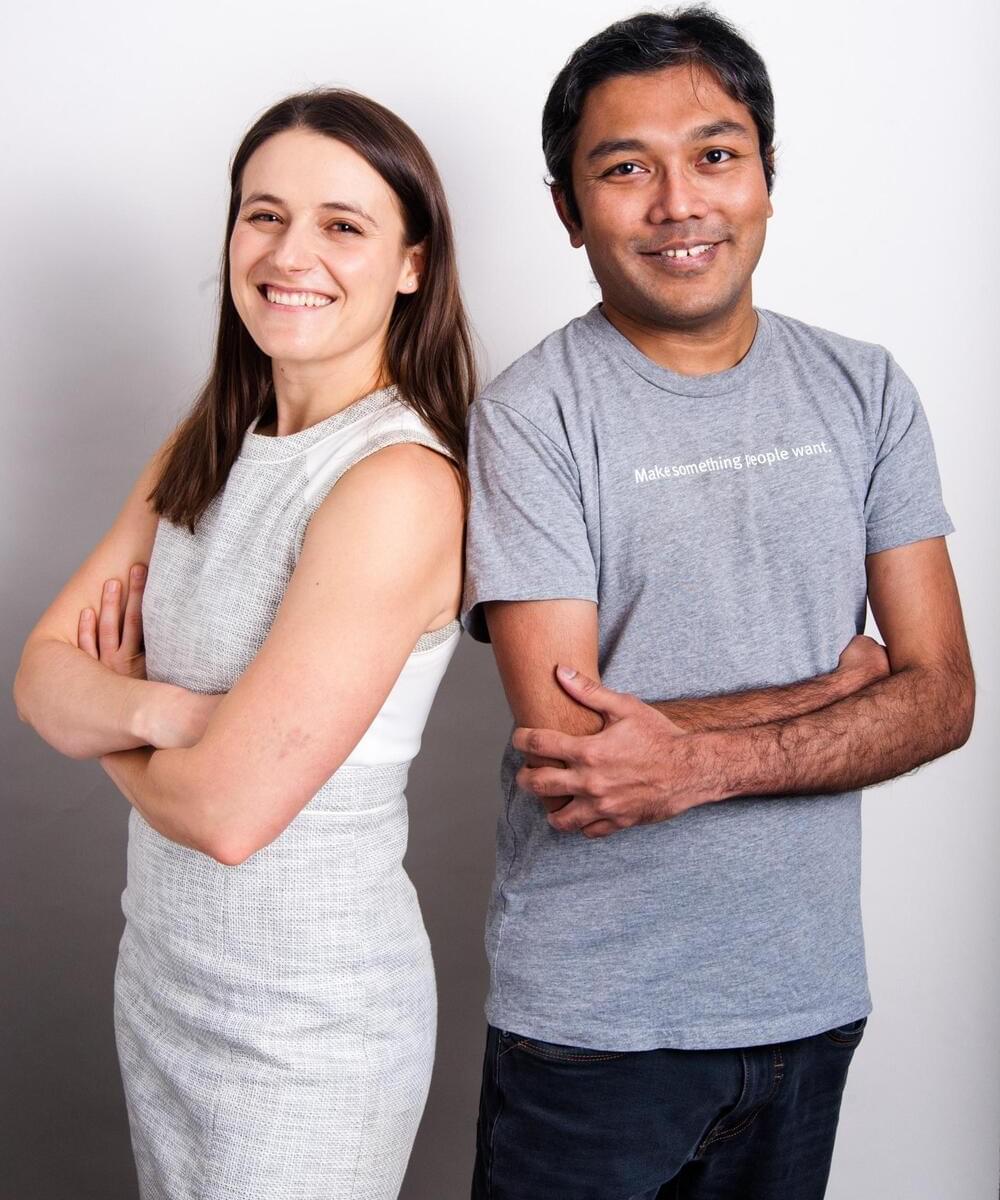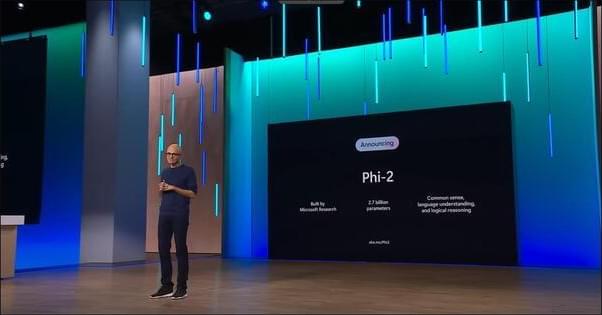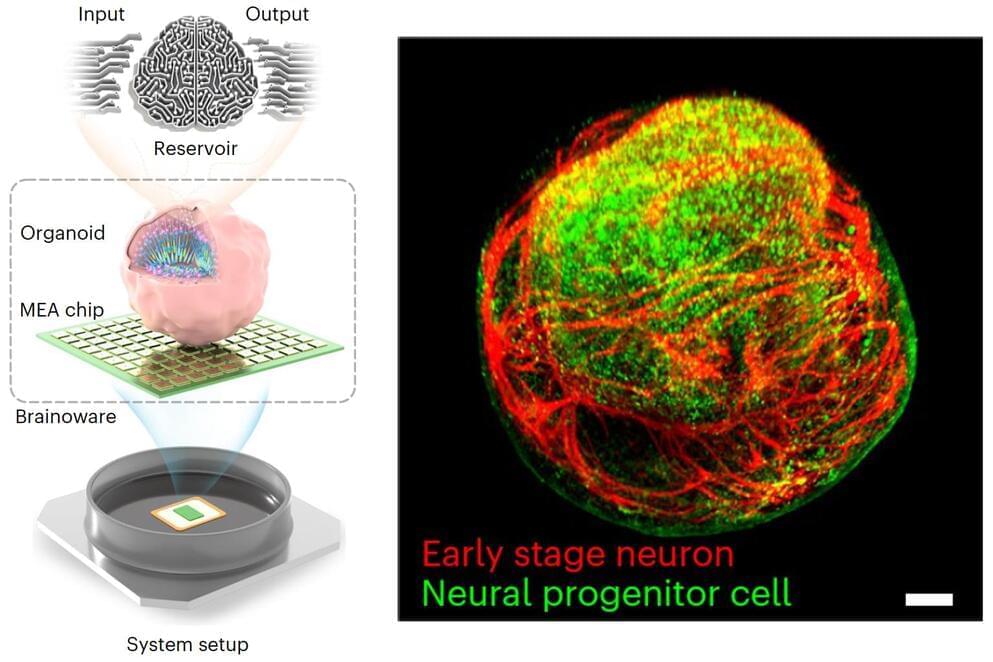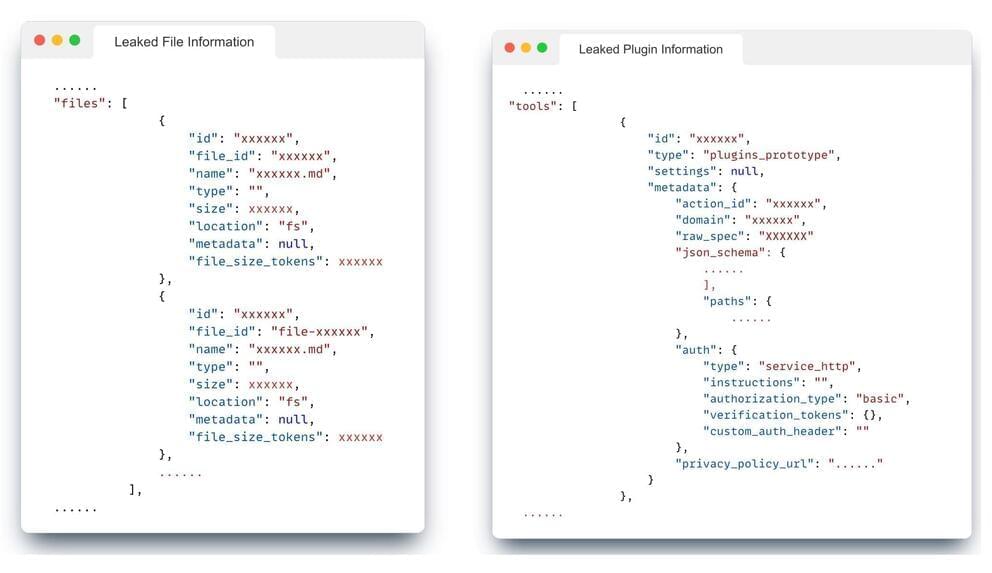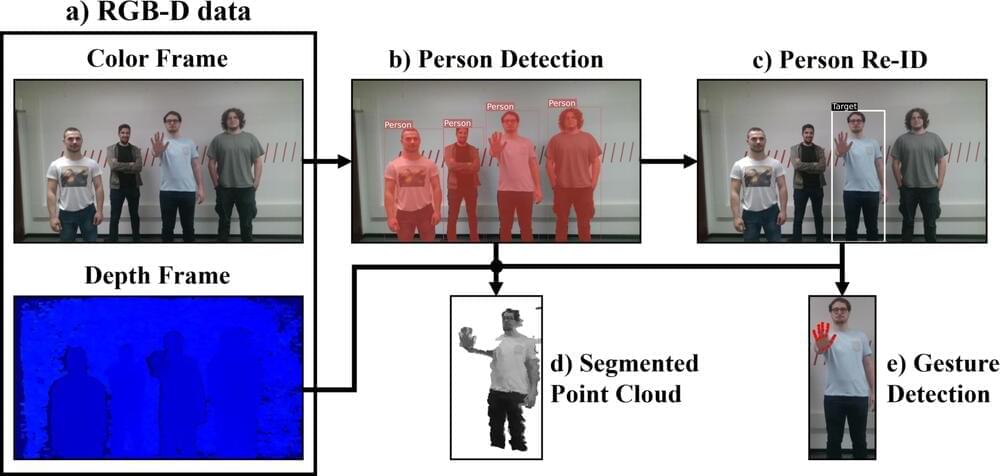It’s hard to believe, but generative AI — the seemingly ubiquitous technology behind ChatGPT — was launched just one year ago, in late November 2022.
Still, as technologists discover more and more use cases for saving time and money in the enterprise, schools, and businesses the world over are struggling to find the technology’s rightful balance in the “real world.”
As the year has progressed, the rapid onset and proliferation has led to not only rapid innovation and competitive leapfrogging, but a continued wave of moral and ethical debates and has even led to early regulation and executive orders on the implementation of AI around the world as well as global alliances — like the recent Meta + IBM AI Alliance — to try and develop open frameworks and greater standards in the implementation of safe and economically sustainable AI.
Nevertheless, a transformative year with almost daily shifts in this exciting technology story. The following is a brief history of the year in generative AI, and what it means for us moving forward.



